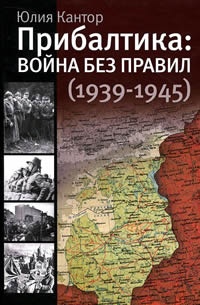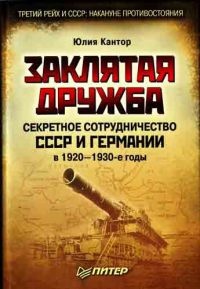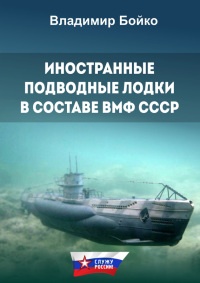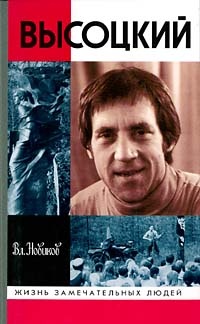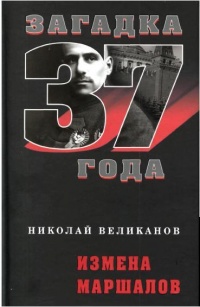Книга Письма с Прусской войны - Денис Сдвижков
На нашем литературном портале можно бесплатно читать книгу Письма с Прусской войны - Денис Сдвижков полная версия. Жанр: Книги / Историческая проза. Онлайн библиотека дает возможность прочитать весь текст произведения на мобильном телефоне или десктопе даже без регистрации и СМС подтверждения на нашем сайте онлайн книг knizki.com.
Шрифт:
-
+
Интервал:
-
+
Закладка:
Сделать
Перейти на страницу:
Перейти на страницу:
Внимание!
Сайт сохраняет куки вашего браузера. Вы сможете в любой момент сделать закладку и продолжить прочтение книги «Письма с Прусской войны - Денис Сдвижков», после закрытия браузера.
Книги схожие с книгой «Письма с Прусской войны - Денис Сдвижков» от автора - Денис Сдвижков:
Комментарии и отзывы (0) к книге "Письма с Прусской войны - Денис Сдвижков"




















